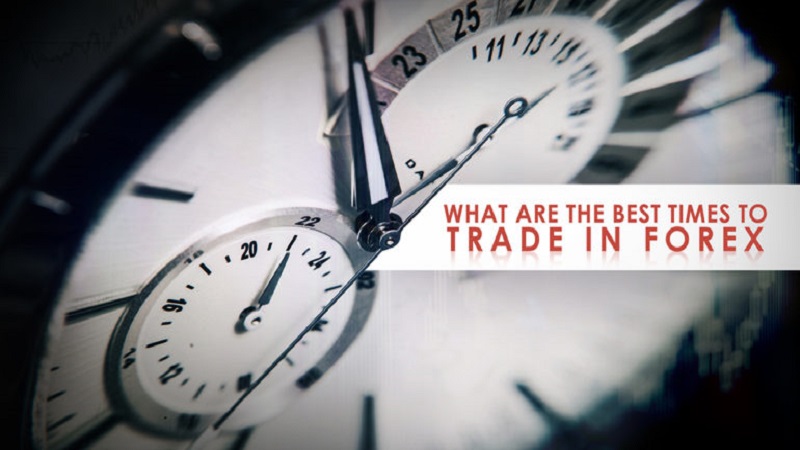

If you have attempted trading events like economic news releases, election’s results, etc. You know how dangerous it can be. Yes, volatility can make us money, but attempting to trade an event that has a random outcome and market response isn’t the way to go about it. It also goes against what we do as price action traders. Our trading edge comes from signals the market generates on the higher time frames, namely the daily charts. There’s no edge in trading the news. That goes for entering a position immediately before or after an event.
A significant advantage in forex trading is the ability to trade for twenty-four hours each day throughout the week. However, the trading day consists of multiple trading sessions: the European session, American session, and the Asian session – also known as the London, New York, and Tokyo or Sydney sessions. This is because there is no single exchange in the forex market and different countries trade at different times. Each of these trading sessions is driven by the economies that are active and so each session has unique characteristics to them. There isn't necessarily a "best" time to trade forex.
In the Interbank forex market, professional forex traders working at one branch office of a large international bank would typically pass their local clients’ foreign exchange orders on to an affiliated branch so that efficient round the clock trade execution is possible. Unless interrupted by a bank holiday, this process would generally proceed in an orderly fashion as time marched on around the clock during regular currency market hours. Each of these forex sessions is typically given the same name as the money center city that has the business hours they correspond to.
It is thus worth finding out about the economic indicators published in the different major countries, as these coincide with the most active moments of forex trading. Such increased activity means bigger opportunities in currency prices, and sometimes orders are executed at prices that differ from those you expected. As a trader, you have two main options: either include the news periods in your forex trading hours or decide to deliberately suspend trading during these periods. Whichever alternative you opt for, you should take a pro-active approach when prices suddenly change during a news release.
Retail traders often make the mistake of not knowing the best time to trade in the forex market. For this reason, they trade all the time. However, markets don’t always move. In fact, statistics show that markets mostly range, then a trend. Hence, knowing the best time to trade and when to sit on your hands helps. First, helps to protect the trading account from overexposure. Second, it saves margin, as freer margin remains available. Finally, the trader avoids the emotional rollercoaster of always watching the markets when they don’t move.
To receive new articles instantly Subscribe to updates.